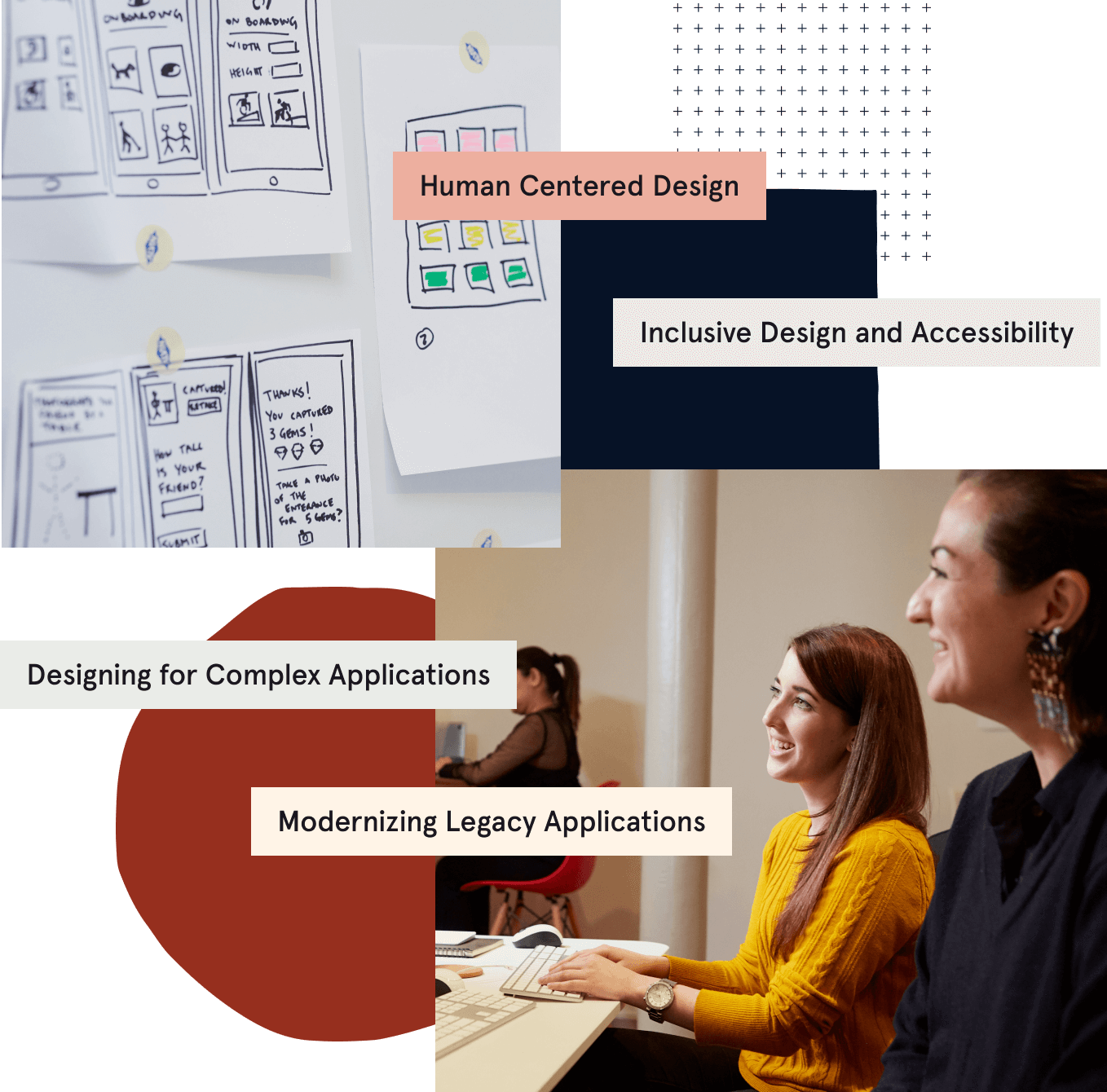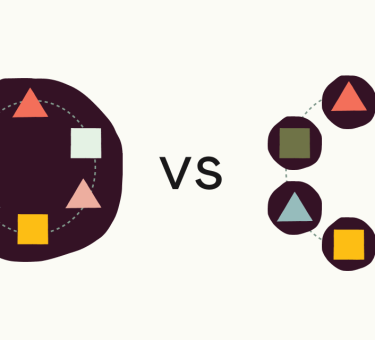Potential clients often approach us asking for a senior engineer to work on their project. However, “senior” can mean a lot of different things.
When someone asks for a senior engineer, it’s a vague request because this term doesn’t have a rigid, commonly understood definition — developers earn the “senior” level for different reasons. The term “senior” also doesn’t reveal what problem a client is looking to solve. Do we define “senior” as someone who has been working in the industry for a certain number of years? Does their title at prior companies tie into our consideration?
Here are some of the things we’ve heard from clients when we dive into what they mean by “senior”:
- “We need a developer who can deliver high-quality code”
- “We want a senior who can manage and have productive discussions with stakeholders”
- “We wish we had someone to help define the product vision and roadmap”
- “We need a developer who can lead a team and make big-picture technical decisions”
- “We ideally should have someone who can set up a process and drive change”
Throughout the tech industry, developers become senior engineers based on their skills and experience — which won’t be the same for everybody. For example, one engineer could be a senior because of their expertise with Ruby on Rails, while another engineer may be a senior because they’re experienced with deployment.
At Tandem we have consultants who may have just entered the world of software engineering, but led a team for decades before they started writing code. From this perspective, their coding skills aren’t “senior” — but they’re highly experienced with changing team processes and navigating workplace politics, which may make them the perfect person to help with a client’s processes.
On the other hand, someone with the ability to do mutual TLS and authorization work at a “senior” level would excel on a project pertaining to government systems. Because we often work in highly regulated industries, we make sure to staff software developers who have the technical skills needed to succeed.
We’ve intentionally built a diverse team of software consultants from varied backgrounds because Tandem works across such a wide range of client industries, regulations, and needs. Over more than a decade of client projects, we’ve learned that the magic happens when the right people with complementary expertise work together with our clients to solve problems.
To build that perfect project team, we need to understand the client’s challenges. When a prospective client comes to us asking for a senior engineer, we like to ask the question, “What problem(s) are you trying to solve?” Are you looking for someone to…
- Code fast?
- Lead your team and plan work?
- Provide mentorship and guide early-career engineers?
- Help navigate team or client politics?
- Shape your workflow?
- Make architecture decisions?
- Coach on agile processes?
- Do frontend react.js work? Backend node.js work?
- Audit your application?
- Organize pull requests and delegate work tickets?
- Introduce scalability?
We want to know what our clients are looking to achieve so we can help them in the best way possible!
While levels like “senior” are valuable for maintaining our salary equity and creating a consistent internal career path, when we create project teams for our clients we just want to send the right people to solve the right problems. And whether that’s a Software Engineer I, a Principal Designer, or a multi-level mixed-discipline team depends on the problem the client is facing. There may be problems that don’t require Tandem’s version of a senior engineer (keep in mind that the job title means different things at different companies!) — it’s a win-win for everyone if we send the best people for the job rather than bringing someone onto a project solely based on their job title.
Tandem has job title levels, but they aren’t our selling point — instead, we focus on how our collaborative, cross-disciplinary team can solve your most complex business challenges while providing consultative value. The next time you are looking for support with a software problem, we’d encourage you to focus on what skills and competencies you need rather than a job title.
Looking for an experienced team to solve your software problems? Send us a message and we’ll chat about how we can help you meet your goals.









